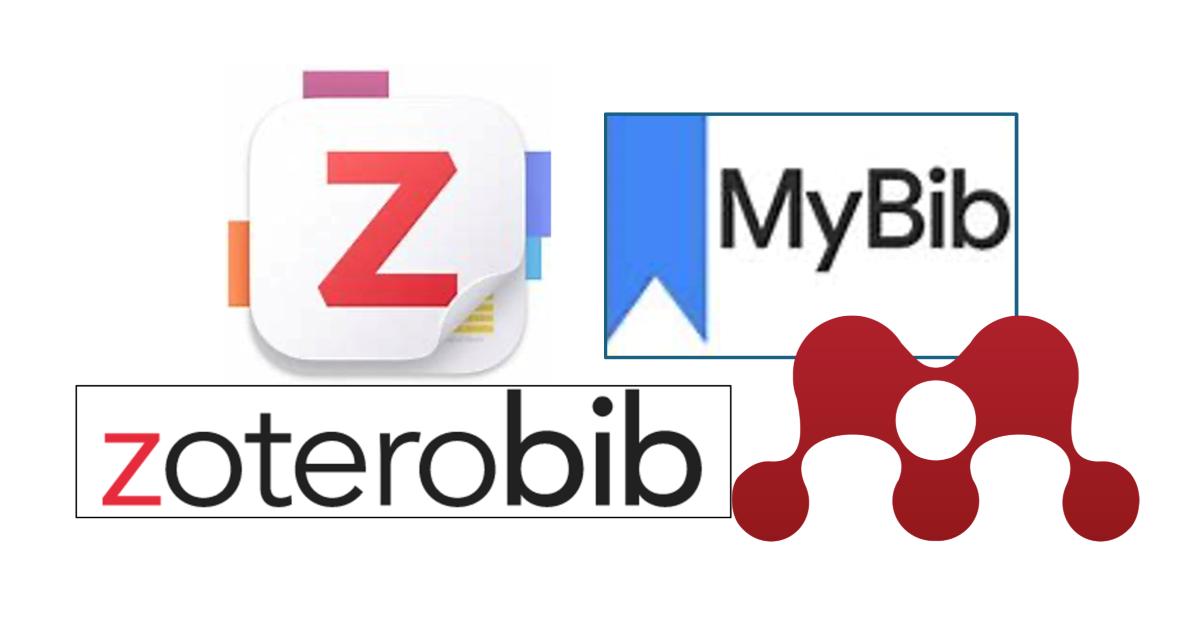Credit where credit’s due – citing datasets and data papers
24/08/2016

Why would you cite datasets?
Citing datasets ensures credit is given to their creators and that data impact is tracked, as data is an important research output in its own right. If you use other people’s datasets, you should cite them as you would cite their papers. If you publish your own datasets and they underpin an article, you should cite the dataset in its own right, with an in-text pointer to an entry in the reference list. Whilst you may already be including data access statements to meet funder requirements, full citations are valuable because data statements don’t treat data as a first-class record of research and don’t give due credit to the creators, especially where they’re different from the article authors.
How do you cite datasets?
As with other types of citation, advice on the exact elements to include can vary by style. The key elements are the identifier (see our post on DOIs), creator(s), title, date, and publisher. An example reference in Harvard-Cranfield would look like this:
Partridge, M.C. (2014) Spectra from LPG sensor repeat testing with 100ppm toluene. Cranfield University. 10.6084/m9.figshare.1004753.v1
In systems such as CORD, our data repository, there are various citation options on CORD item pages, with links to export the record directly to Mendeley or other reference managers, and a ‘cite’ tab that offers a cut-and-paste citation in a generic format. You may find the Library’s Quick guide to the author-date referencing style (internal pdf) useful, including tips for referencing with Mendeley.
How do data papers fit in?
A data paper is a paper that describes a dataset rather than drawing conclusions from it, and is usually published in a dedicated data journal, such as Nature’s Scientific Data. (This list of data journals may be helpful.)
Some people like to write data papers to promote their dataset, and to make it easier for others to credit you, as academics are more familiar with citing papers than datasets, although this is likely to change over time. If you write a data paper, a citation of the data paper counts as a citation of the dataset, so all uses of your data are acknowledged.
For more information, see this great UK Data Service pdf on data citation.
Image: thanks merci by infrogmation at https://www.flickr.com/photos/infrogmation/4136308490/, CC-BY 2.0.
Categories & Tags:
Leave a comment on this post:
You might also like…
A beginner’s guide to sourcing a company beta
Beta is the measurement of a company’s common stock price volatility relative to the market. If you’re trying to find a current beta for a company there are a number of places to look. These ...
Credibility, confidence and collaborative focus: The impact of studying for a sustainability apprenticeship at Cranfield
For participants on Cranfield’s Sustainability Business Specialist Apprenticeship, it doesn’t take long for their studies to start to have an impact, with that impact ranging from personal growth and career progression, to organisational effect ...
Meet Mendeley: a powerful referencing tool that does the hard work for you!
Are you looking for a way to manage your references, create in-text citations and reference lists for your assignments or thesis? If so, you may wish to consider using Mendeley. What is it? Mendeley is ...
Adding documents to your Mendeley account
To make the most of a Mendeley account, it is useful to create and maintain a ‘Library’ of references. You can add references and documents to this Library in a number of ways: 1) Drag ...
Choosing the right reference management tool for you…
Are you thinking about using reference management software to help you manage your references? The Library is here to help you. While Mendeley has been our go-to reference management software for some years, we've recently ...
Cranfield Seed Fund recipient, Cosysense, are using AI to solve air conditioning problems and provide a net zero alternative
If you’ve ever worked in an office environment you’ve probably been involved in, or overheard, a conversation about the air conditioning. Well, it’s no surprise it’s a common complaint when research shows that up ...






